
All Blogs
Stay Updated with
Expert Insights
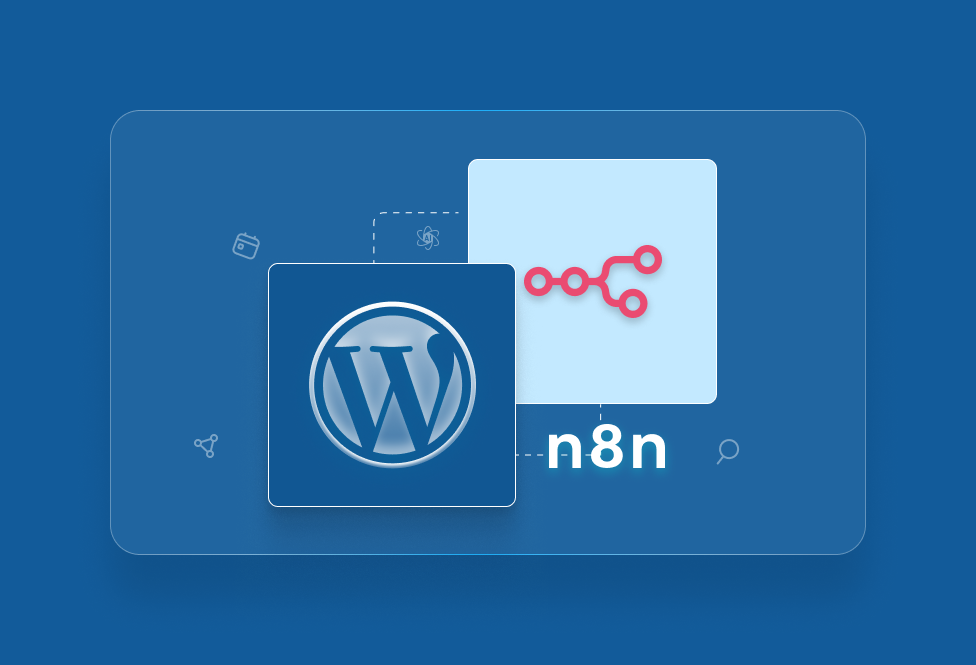

WordPress Automation Made Easy with Make & n8n
Discover how WordPress automation with Make & n8n saves time, reduces errors, and scales your WooCommerce store with smart workflows.


How to Use AI in WordPress 2025: SEO, Chatbots & Automation
Discover how AI in WordPress 2025 transforms websites-smarter SEO, real-time chatbots, automated workflows, and eCommerce personalization.
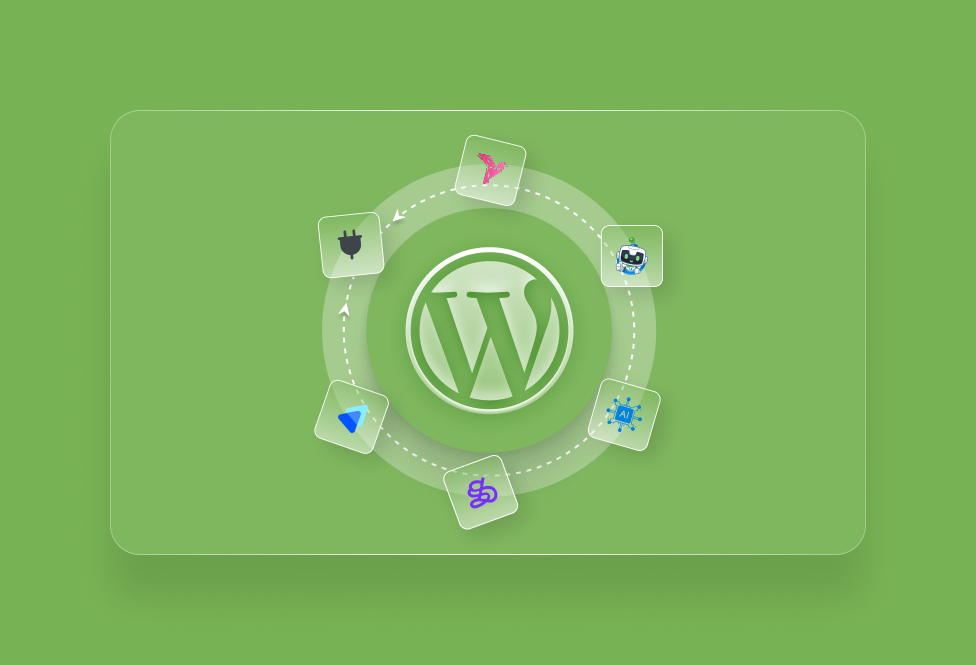

Top 5 AI Plugins for WordPress in 2025 | Save Time with Automation
Discover 5 AI-powered WordPress plugins to automate support, content, and workflows in 2025. Cut manual work by 60% and focus…
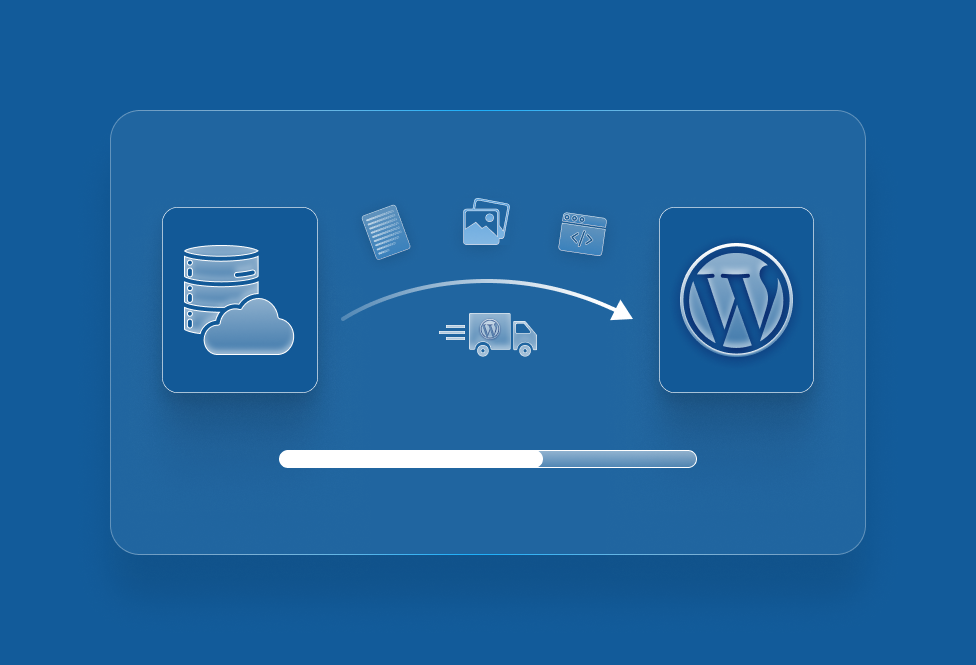

WordPress Migration Checklist: 10 Steps for a Smooth Transition
Move your WordPress site without losing traffic. Follow our 10-step migration checklist to protect SEO rankings and migrate smoothly today.
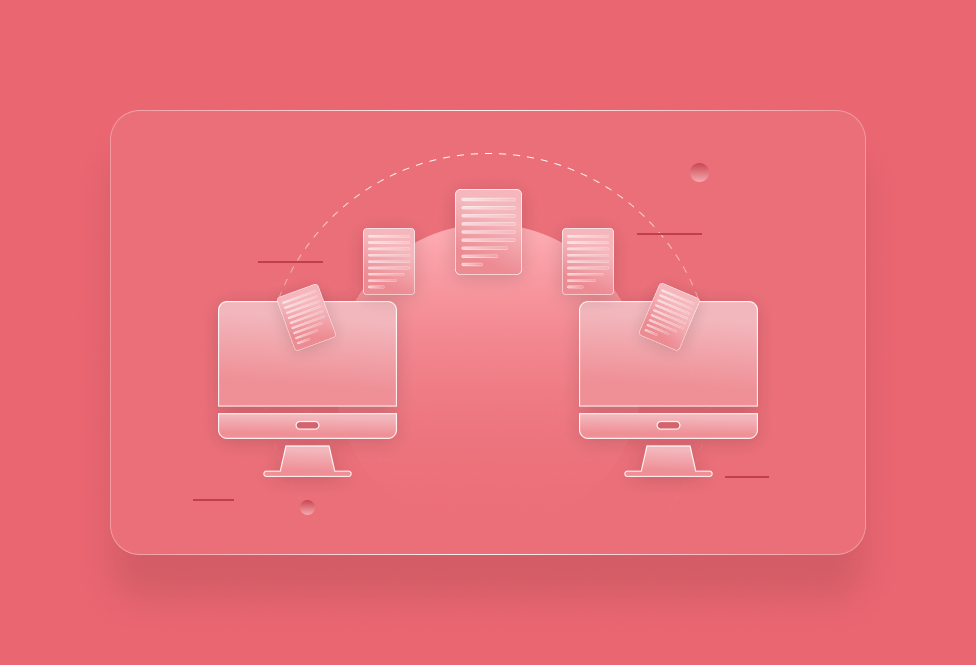

WordPress Migration 2025: The Complete SEO-Safe Guide
Step-by-step 2025 WordPress migration guide to move your site without losing SEO or data. Ensure smooth transfer with zero downtime.
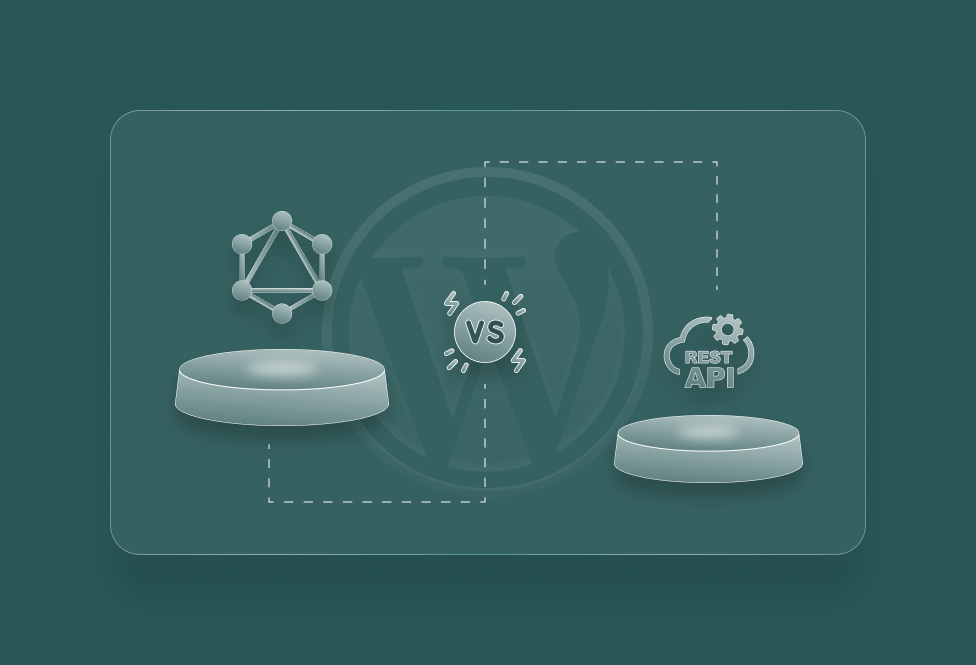

WordPress GraphQL vs REST API: Which One Powers Headless Better?
Compare WordPress GraphQL vs REST API for headless CMS. Discover which delivers faster performance, flexible queries, and scalable modern WordPress…
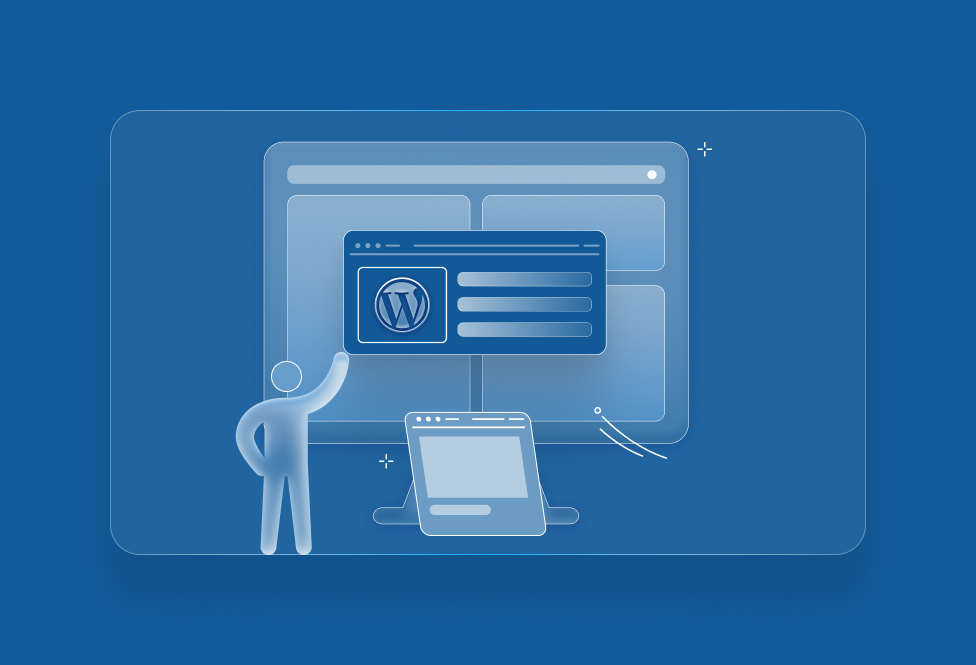

Headless WordPress in 2026: when it’s worth it and when it’s not
Wondering if Headless WordPress is worth it in 2026? Learn when to go headless with React or Next.js and when…
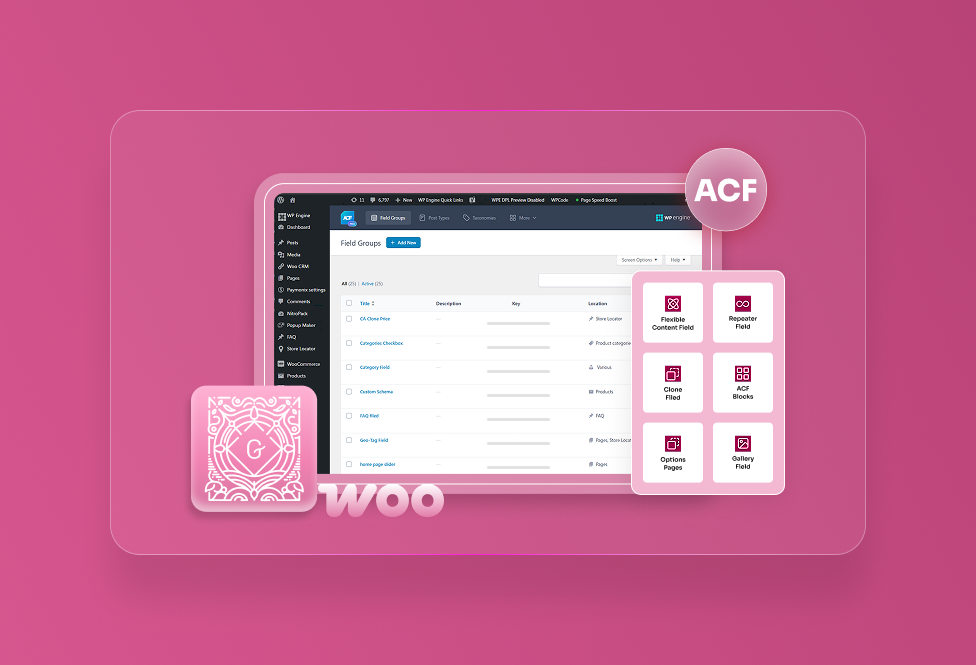

Advanced WooCommerce Customization Made Easy with ACF & Gutenberg
69% abandon carts due to dull product pages. Use ACF + Gutenberg to design flexible WooCommerce Customization layouts that stand…


TEAM id
jnext_services
email us [email protected]
india
+91 98587 63596
United Kingdom
+ 44 77679 57915